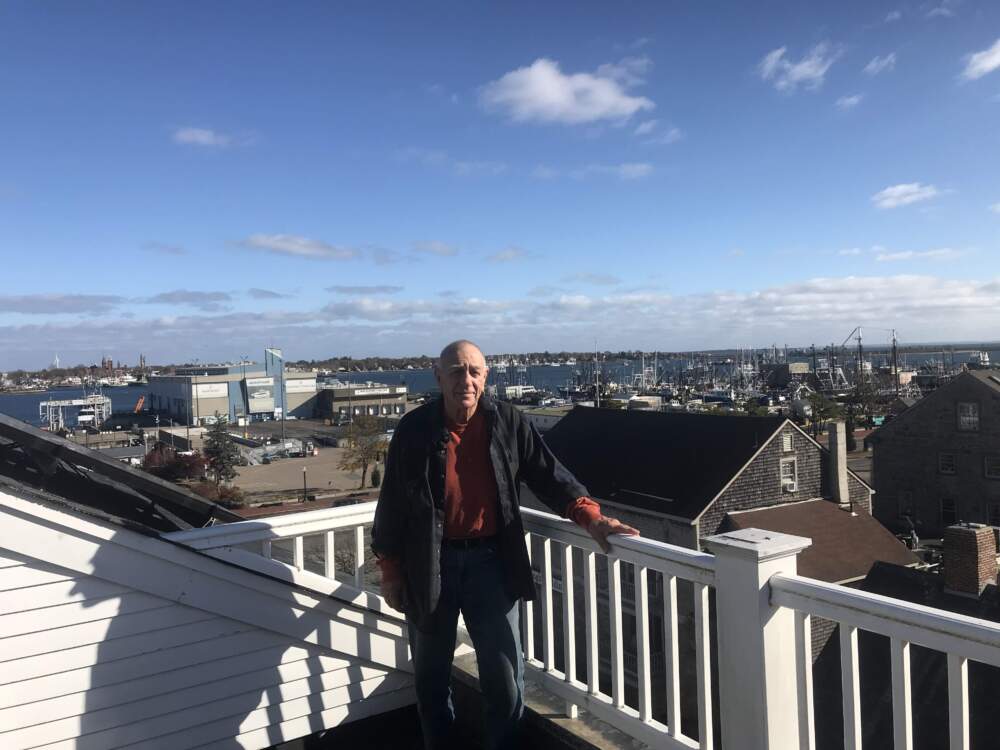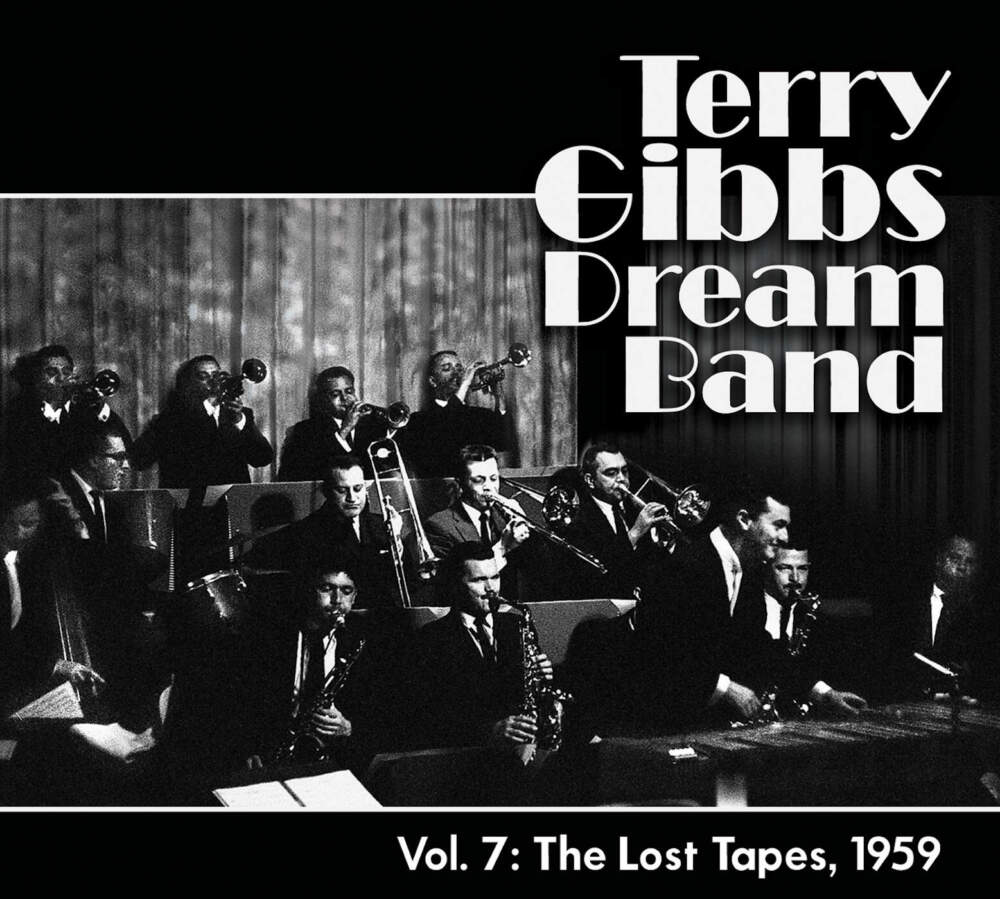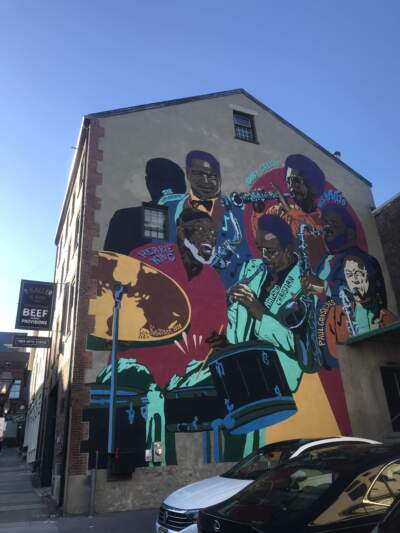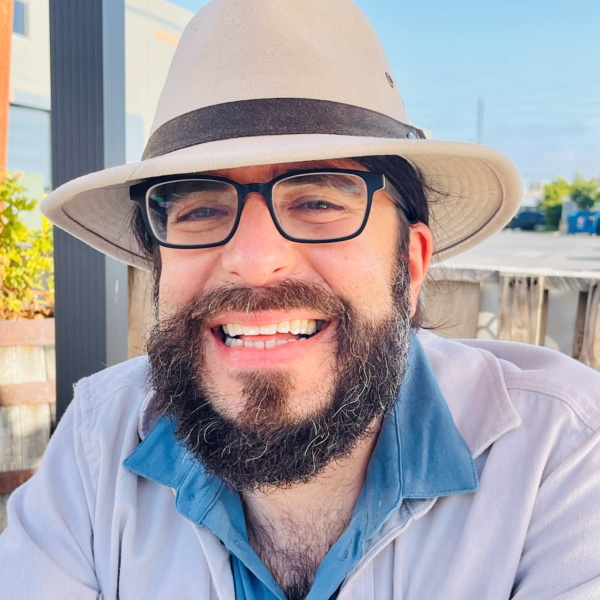Advertisement
A scrappy New Bedford record label turns 25

In the 25 years since New Bedford businessman Neal Weiss founded his Whaling City Sound record label, CD sales have dropped by 95%. But don’t bother asking Weiss if his jazz-centric label is considering going digital-only.
“I believe in the physical object,” he says. “I want liner notes. I want good artwork. I want a really good recording. I guess it’s a bit of an arrogant attitude.”
One might simply call it a commitment to quality over profitability. Of the 143 Whaling City Sound releases, two have earned Grammy nominations and many have been near or at the top of the JazzWeek chart, which tracks radio airplay.
The label’s origins go back to a New Year’s Eve 1999 gathering that Weiss hosted on the deck of the historic downtown New Bedford building that houses the fiber optics company he founded. (Weiss has since sold the company to his sons, but still works there part-time.) Singer Marcelle Gauvin and pianist John Harrison came by after performing at the adjacent New Bedford Whaling Museum. As the night went on, Weiss mentioned his idea of starting a label with a record by Gauvin. Her debut “Faces of Love,” which Harrison produced, would be Whaling City 001.

New England artists like Gauvin and Harrison have long been the bedrock of the label — for example, Boston guitarist John Stein has released 13 Whaling City CDs. Weiss says the first national jazz star the label recorded was the late guitarist Joe Beck. Another relationship that put Whaling City in the jazz spotlight started when Weiss’ brother, who lived in San Antonio, met a noted drummer who was also living in Texas.
“I still have the Post-it note that says ‘Call Gerry Gibbs, your brother said you should call him,’” says Weiss. He wasn’t sold on the first few album concepts that Gibbs proposed, but when visiting his brother he went to see Gibbs perform. In between sets they met “in what was really a closet, and he had a boom box, and he played me a big band record he had recorded, and it was really good,” recalls Weiss.
Gibbs has gone on to make 13 records for Whaling City. Both of Whaling City’s Grammy nominations were for Gibbs’ Thrasher Dream Trio, which also features legends Ron Carter and Kenny Barron. (One was for a Barron performance, and the other was for “Songs From My Father,” which features Chick Corea’s last recorded performance.)
Advertisement
That father happens to be vibraphonist Terry Gibbs, one of the last living links to the bebop era, who has joined the Whaling City family for a number of projects. The most recent, Whaling City’s 25th-anniversary release "Terry Gibbs Dream Band – Vol. 7: The Lost Tapes, 1959," was the result of a lucky accident. In the 1980s and ‘90s, Gibbs put out newly discovered recordings by his ‘50s big band, and he thought he had exhausted the tapes.

“I’m 100 years old and I have nothing to do, so one day I was going through all of my music which my son digitized and put on my computer,” says Terry Gibbs, not exaggerating his age. “There was a file that said ‘Jazz Party 1959.’ I didn’t remember having a party in 1959, so I played the tapes and it turned out to be the original band I had put together in California in 1959.”
The live club dates captured on the album, Gibbs explains, happened because arcane union rules prohibited him from privately rehearsing his new orchestra. The rules allowed live gigs, so Gibbs approached club owners with a sweet deal: An entire big band for the price of a small combo. “I made $11 a night,” he laughs. The hard-swinging arrangements by major talents such as Bill Holman were recorded so crisply by engineer Wally Heider that they only needed minimal mastering before being released.
Weiss marvels that Whaling City has recorded all three of the jazz musicians that its owner most enjoyed when he was discovering the music: Terry Gibbs, Clark Terry and Phil Woods.

While the Gibbs tapes might be a high-profile archival project, Whaling City still releases plenty of new works by jazz musicians whose considerable talents might otherwise remain under the radar. Having such an outlet is “very important artistically, because you have this music, and you want to document what you have in your head,” says Boston-area guitarist Jim Robitaille, who will release his fourth Whaling City disc as a leader in 2025. “Each new release is a way to grow.”
Robitaille’s last Whaling City album, 2020’s “Space Cycles,” holds a special place for Weiss because it featured one of his favorite musicians: Providence electric bassist Bill Miele, who died last year.
Weiss still works out of an office in the Fiber Optic Center, which has a wall on the outside of the building featuring “JazzWall New Bedford,” a mural by local artist Kat Knutsen. Weiss has adopted a model where the artists pay for the recording, “and I handle everything after the mastering,” he says. It’s never profitable. Income is negligible and costs like packaging and radio promotion can equal “a car — a moderate car, not a small one,” he adds. But when he sees his records on the charts or gets compliments from fellow music lovers, he thinks it’s worth the cost.
“I think of the best records that I had growing up,” Weiss says. “And I’m always striving to get to that level.”
